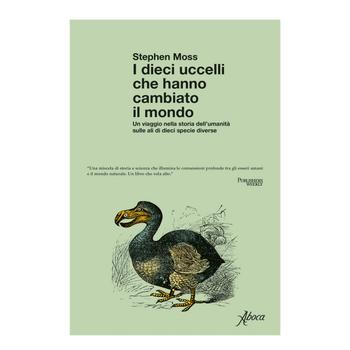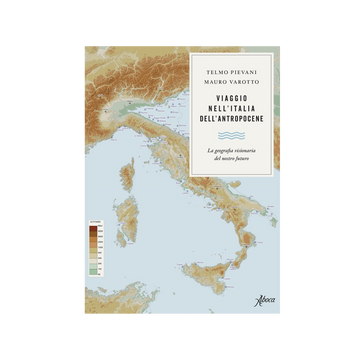You have no items in your shopping cart.
€12,00
Introduction by Stefano Mancuso
Introduction by Stefano Mancuso
Availability:
In Stock
Sku: LIBSONNOPIA
ISBN/EAN: 9788898881888
First published in Uppsala in 1755, the Somnus plantarum is an important but little-known work by the great Swedish scientist Linnaeus, creator of the fundamental taxonomy of plants, animals and minerals.
Observing the position of the leaves and branches of certain plants at night, Linnaeus drew some astonishing conclusions, well ahead of modern botanical science. Linnaeus recognised that the nocturnal movements of plants always respond to a general law of the plant world. The tendency for plants to return to the position in which they first sprouted during rest, for example, or the propensity to sleep when they are young, are behavioural traits that the plant world shares with the animal world.
One of the world's leading botanists, Stefano Mancuso, states in his introduction to Sonno delle piante that “observations made in recent years by international researchers in the field of plant neurobiology show that plants are organisms capable of sleep”. Just as Linnaeus had assumed.
Carl von Linné, also known as Carl Linnaeus, (Råshult 1707, Uppsala 1778), Swedish physician and naturalist, is considered the father of the modern scientific classification of living organisms. A reformer of nomenclature and founder of modern systematics, he devised the method of classification that adopts binomial nomenclature, assigning living organisms two names, one for the genus and one for the species.
First published in Uppsala in 1755, the Somnus plantarum is an important but little-known work by the great Swedish scientist Linnaeus, creator of the fundamental taxonomy of plants, animals and minerals.
Observing the position of the leaves and branches of certain plants at night, Linnaeus drew some astonishing conclusions, well ahead of modern botanical science. Linnaeus recognised that the nocturnal movements of plants always respond to a general law of the plant world. The tendency for plants to return to the position in which they first sprouted during rest, for example, or the propensity to sleep when they are young, are behavioural traits that the plant world shares with the animal world.
One of the world's leading botanists, Stefano Mancuso, states in his introduction to Sonno delle piante that “observations made in recent years by international researchers in the field of plant neurobiology show that plants are organisms capable of sleep”. Just as Linnaeus had assumed.
Carl von Linné, also known as Carl Linnaeus, (Råshult 1707, Uppsala 1778), Swedish physician and naturalist, is considered the father of the modern scientific classification of living organisms. A reformer of nomenclature and founder of modern systematics, he devised the method of classification that adopts binomial nomenclature, assigning living organisms two names, one for the genus and one for the species.
Release date 2019
Dimensions cm 12,5 x 21
Pages 104
Release date 2019
Dimensions cm 12,5 x 21
Pages 104












